KS3 planning (general)
There are many different issues, both practical and pedagogical, subject specific, school-wide and national that must be considered in any teachers’ planning. In this section you will find research, articles, guides and resources that will support you to develop your planning as it relates to teaching history and helping pupils to make progress.
Sort by:
Date (Newest first) | Title A-Z
Show:
All |
Articles |
Podcasts |
Multipage Articles
-

Year 9 use sources to explore contemporary meanings and understandings of appeasement
ArticleClick to view -
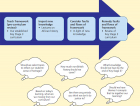
No more ‘doing’ diversity
ArticleClick to view -

Film: Picturing the past (and the future)
ArticleClick to view -

Cunning Plan 178: How far did Anglo-Saxon England survive the Norman Conquest?
ArticleClick to view -
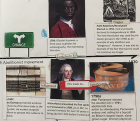
Unravelling the complexity of the causes of British abolition with Year 8
ArticleClick to view -

Film: Preparing a history department for the new inspection framework
ArticleClick to view -

Historical scholarship, archaeology and evidence in Year 7
ArticleClick to view -
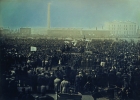
Teaching Year 8 pupils to take seriously the ideas of ordinary people from the past
ArticleClick to view -
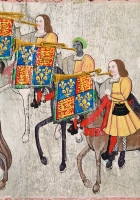
Widening the early modern world to create a more connected KS3 curriculum
ArticleClick to view -

Harnessing the power of community to expand students’ historical horizons
ArticleClick to view -

Using narratives and big pictures to address the challenges of a 2-year KS3 curriculum
ArticleClick to view -

Enquiry questions that both chime and resonate
ArticleClick to view -
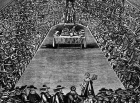
Planning increasingly complex causal models at Key Stage 3
ArticleClick to view -

Teaching Year 9 to take on the challenge of structure in narrative
ArticleClick to view -

Making reading routine
ArticleClick to view -

Here ends the lesson: shaping lesson conclusions
ArticleClick to view -

Cunning Plan 173: using Black Tudors as a window into Tudor England
ArticleClick to view -

‘I need to know…’: creating the conditions that make students want knowledge
ArticleClick to view -
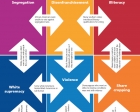
‘Its ultimate pattern was greater than its parts’
ArticleClick to view -

Move Me On 170: adapting to a second school
ArticleClick to view

